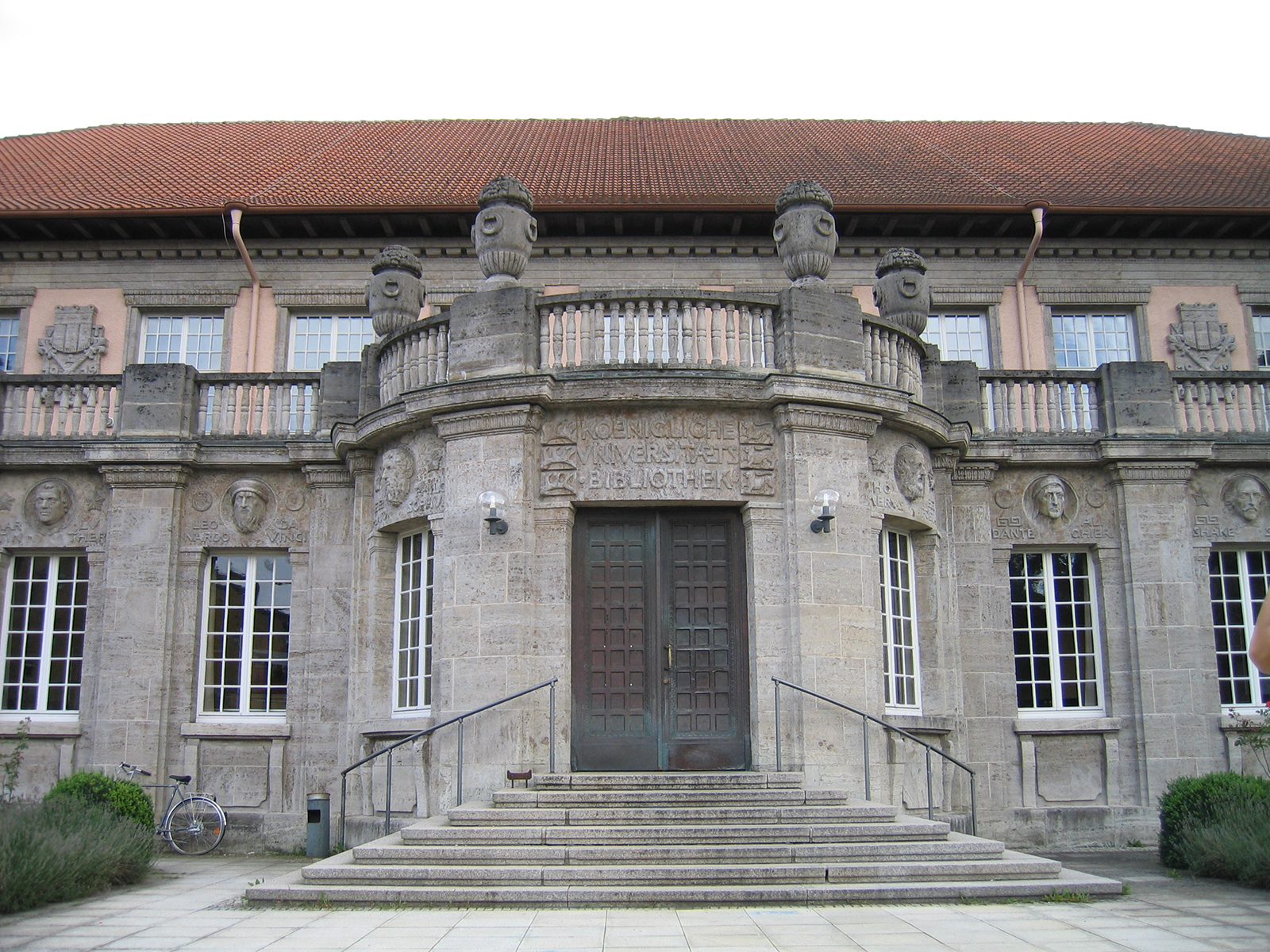Creators of “Cyber and the City” Exhibition at Tübingen City Museum Awarded German Research Foundation’s Communication Prize
This year, the Communicator Prize of the German Research Foundation (DFG) and the Stifterverband goes to an interdisciplinary team from the University of Tübingen: Ulrike von Luxburg, computer science professor for the theory of machine learning, Tim Schaffarczik, doctoral student at the Ludwig Uhland Institute for Empirical Cultural Studies, as well as Thomas Thiemeyer, Professor of Empirical Cultural Studies, also at the Ludwig Uhland Institute. They receive the 50,000 euro award for their outstanding and diverse science communication for the development and implementation of the exhibition “ Cyber and the City : Artificial Intelligence Moves Tübingen”, which is also a model for dialogue on other controversial science and technology topics.
The exhibition was on view in the Tübingen City Museum from February 2023 to January 2024 and was designed and implemented in an interdisciplinary manner and together with the Tübingen City Museum, in particular its exhibition curator Guido Szymanska. Also part of the exhibition team were more than 30 students of empirical cultural studies and the master’s program in machine learning at the University of Tübingen.
Ulrike von Luxburg: “The exhibition was only so convincing because we brought in different perspectives on the topic and thought about it right from the start. The students with their diverse backgrounds, opinions and approaches and the city museum’s curator Guido Szymanska’s many years of experience in how to transform abstract ideas into concrete exhibits have made the exhibition so successful.”
The jury made up of science journalists, communications and PR experts, chaired by DFG Vice President Professor Dr. In making their decision, Johannes Grave acknowledged that the “ Cyber and the City ” team brought the abstract and controversial topic of artificial intelligence into people’s lives and experiences. It also opens up a dialogue space in which very different positions and interests can be negotiated.
To this end, the team designed an exhibition in the Tübingen City Museum and an accompanying program in a successful interdisciplinary collaboration between computer science and empirical cultural studies. Students from both disciplines developed the basis for the exhibition and other communication formats and involved interest groups, citizens, activists and decision-makers in the conception and implementation. In this way, according to the jury of the Communicator Prize, a communication platform was created that finds a common language on the challenges and opportunities of artificial intelligence and allows both supporters and skeptics of AI to have their say.
The exhibition was accompanied by an extensive accompanying program in which the actors involved in the exhibition were able to get involved with their own events. The events included the “Retro Gaming Night meets AI” and the panel discussion “Who controls AI?” organized in cooperation with SWR. The exhibition attracted a total of more than 40,000 visitors of different age groups. The exhibition and accompanying program created an overall dialogue framework that objectified the very controversial discussion about artificial intelligence at the location, without ignoring emotions and positioning.
The jury for the Communicator Prize emphasized that the local location of communication was of particular importance in this project: Artificial intelligence – as a globally effective and at the same time difficult to grasp topic – was examined here in a specific case, as a consequence of controversial debates in the city and negotiated together with local actors. And this did not happen in digital forums, but rather in direct exchange between those involved. The team did an excellent job of dealing with a difficult topic in a light, humorous, yet factual and intelligent way. Overall, according to the jury, they see the team’s work as a successful path to dialogic science communication that goes far beyond the location and the specific topic. This is a particularly encouraging project, especially given the current culture of dialogue, in which various arguments and positions can hardly be brought into a constructive exchange.
The “Communicator Prize – Science Prize of the Stifterverband” has been awarded since 2000 and is considered the most important prize of its kind in Germany. The award is given to scientists who are particularly creative in their science communication, who take new and courageous paths and address their target groups in an appropriate and effective way. They should also recognize the social dimension of their research and contribute their knowledge to public debates, opinion-forming processes and decisions. The prize money is intended to support the winners in their commitment and also enable the implementation of new projects.
The jury selected the now award-winning team in a multi-stage selection process from 38 applications and suggestions. The Communicator Prize will be awarded at the DFG’s annual meeting on July 1, 2024 in Potsdam.

